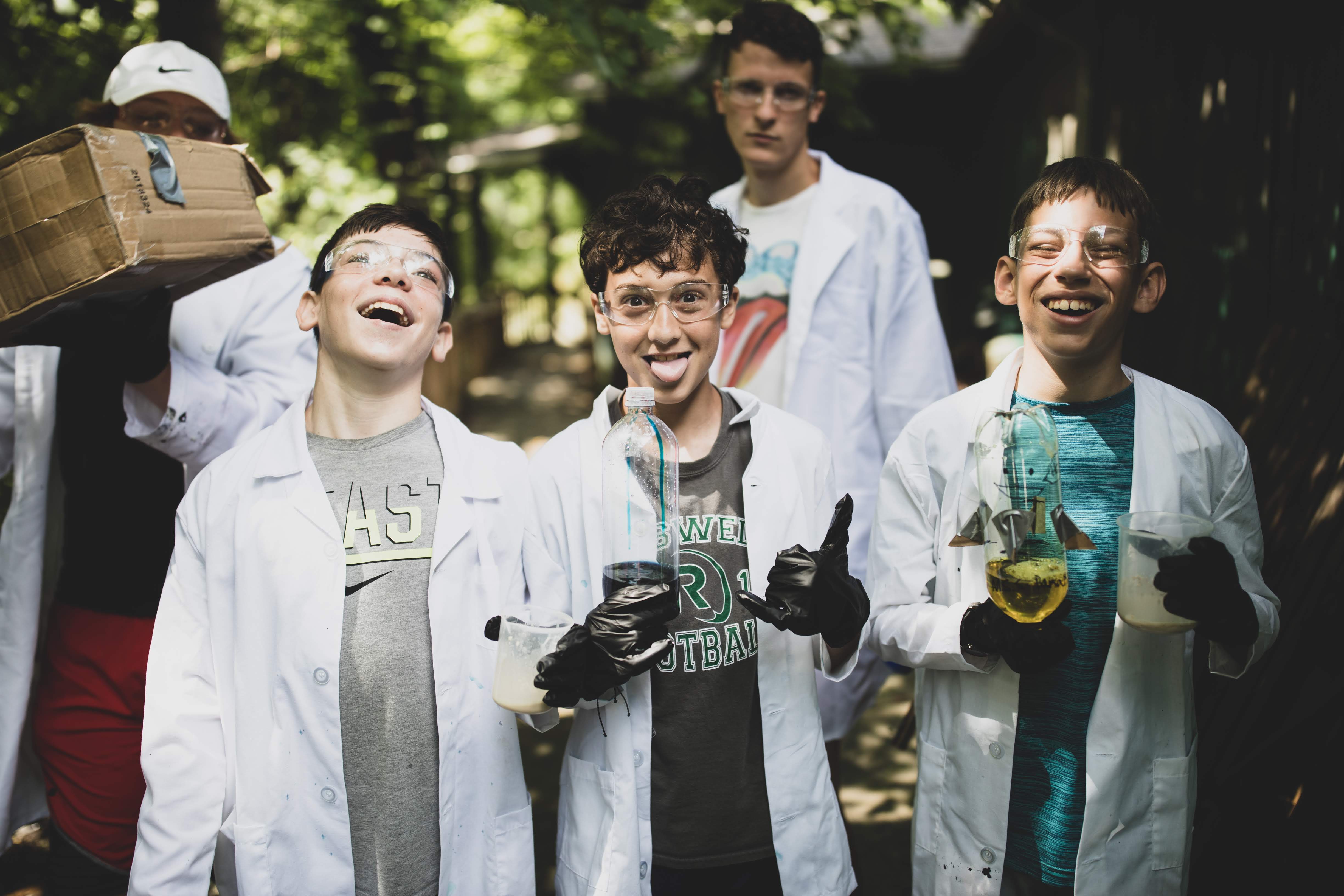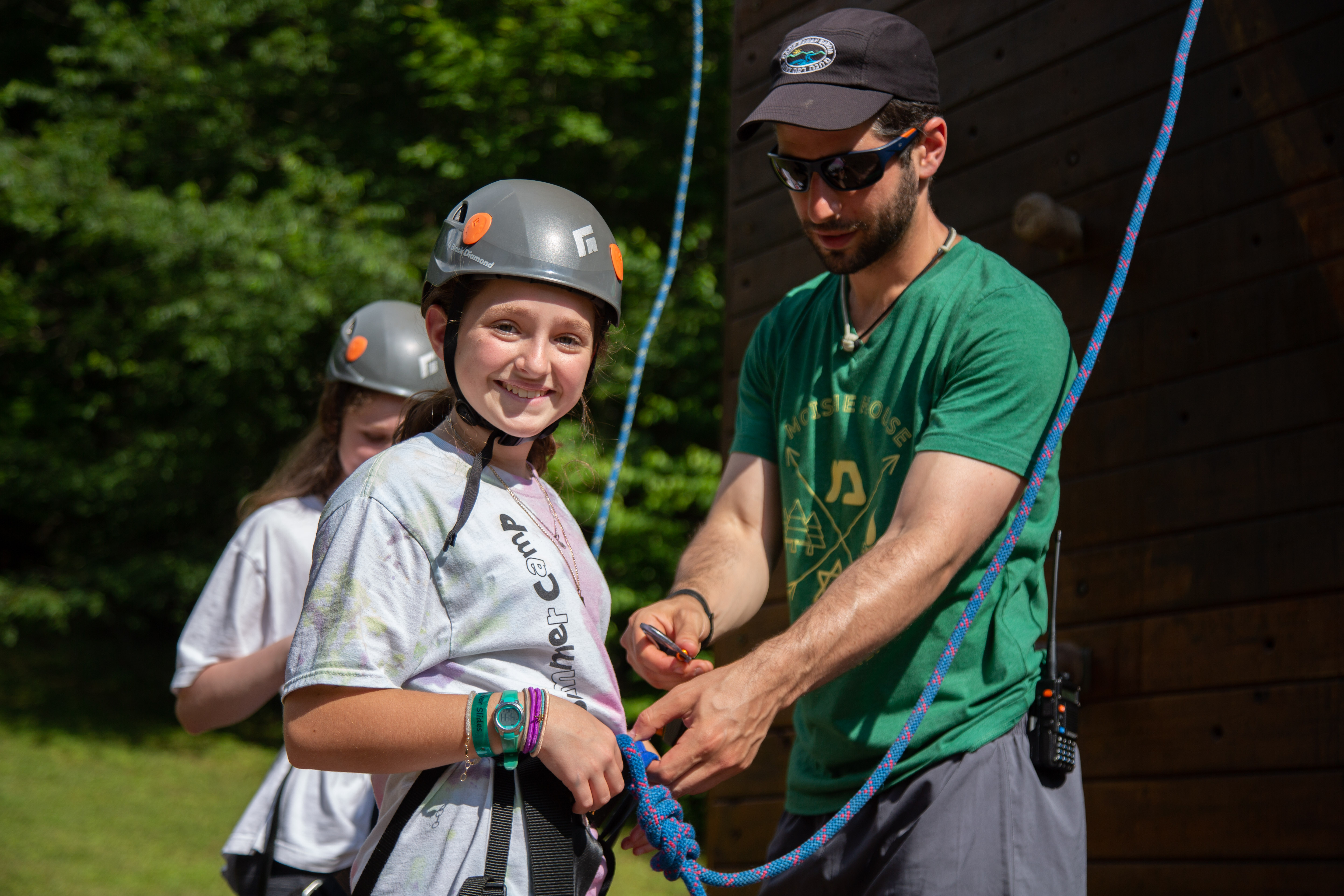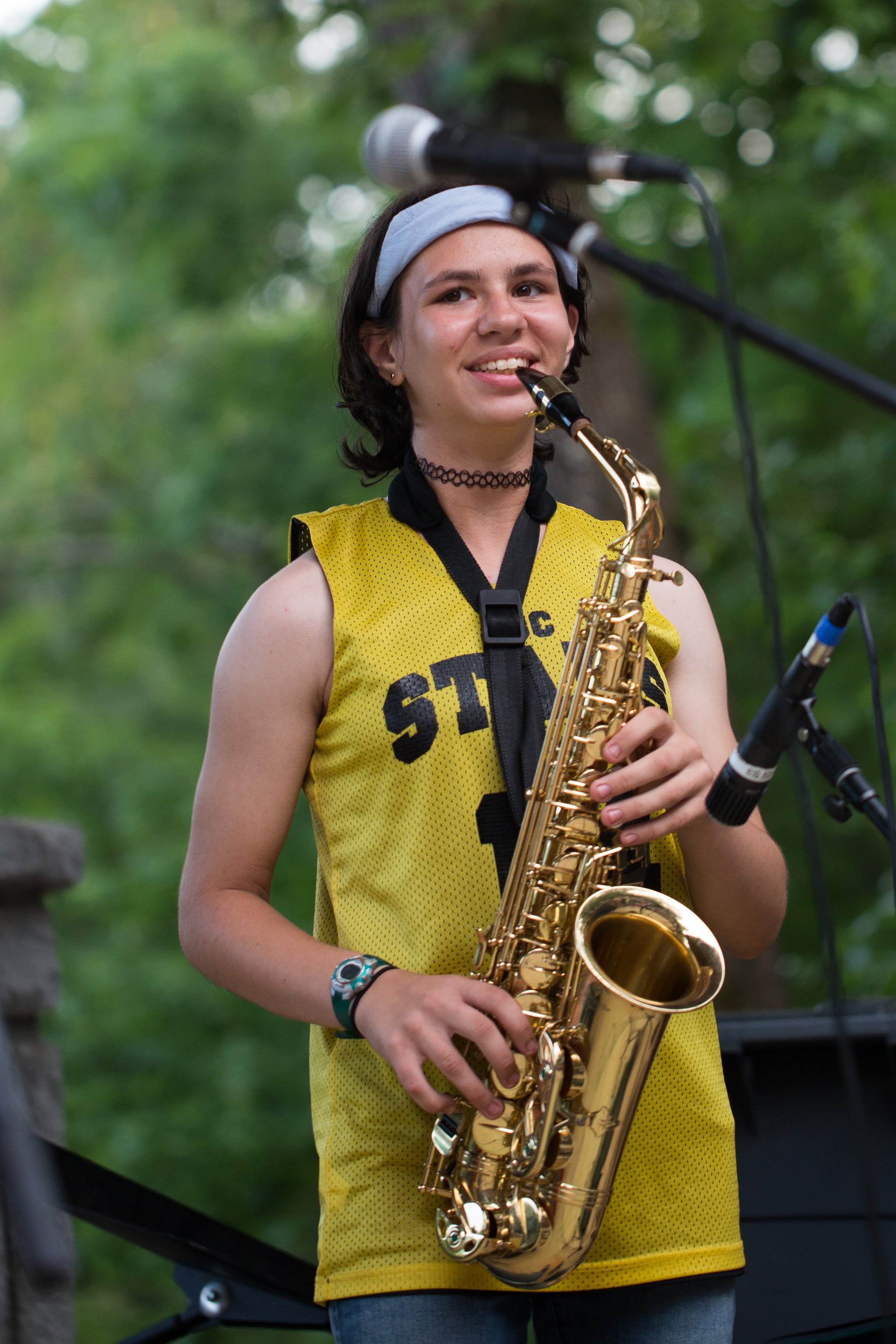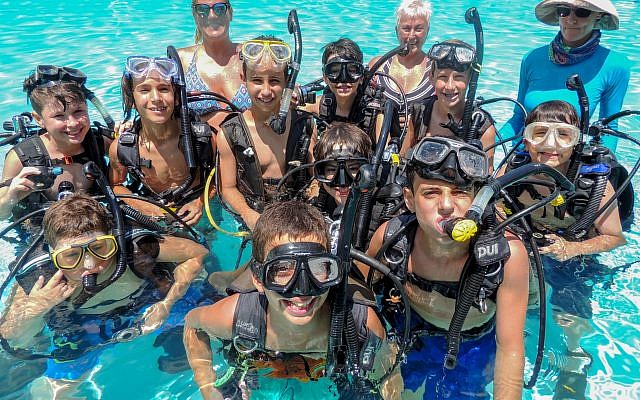Camps Evolve to Meet Needs of New Generation
Each summer, a steady stream of eager campers arrive and fill the bunks of Jewish camps located throughout the North Georgia mountains to swim, socialize and more.
As old as the Ferris wheel and predating the establishment of the modern state of Israel, the Jewish summer camp experience is literally thriving in a world seemingly taken over by iPads, video games and around-the-clock electronic connectivity.
Each summer, a steady stream of eager campers arrive and fill the bunks of Jewish camps located throughout the North Georgia mountains to swim, socialize and participate in a myriad of activities from fine arts to whitewater rafting. And as much as summer camps have adapted and changed to meet the needs of increasingly sophisticated campers, the emphasis remains on being a part of a community, fostering a love of Judaism, making friends and taking the time to unplug from technology, enabling each camper to build a stronger and more positive sense of self.
The AJT interviewed the directors of three Georgia summer camps: Camp Barney Medintz, Camp Ramah Darom and URJ Camp Coleman. They all had a “screen-free” policy.
“We disconnect in order to connect with each other,” said Camp Ramah Director Geoff Menkowitz.
The notion that building community starts with face-to-face conversations between campers was echoed by the camp directors interviewed, as well as by Tom Rosenberg, president of the American Camp Association, the accrediting body for North American camps.
“At Camp Barney Medintz, we want to refocus our kids and teens from worrying about their social media image to proactively foster a more pronounced and positive self-concept,” said Director Jim Mittenthal. “During the year, kids are constantly measuring themselves against their peers, and social media has had a tremendous impact,” he added.
Bobby Harris, director of Camp Coleman, concurred. “Our mission to inspire campers and staff to be caring, committed and connected takes on an added significance, especially with the challenges facing kids today. While here, our campers are not measuring their self-worth by how many likes they get on Facebook or Instagram. There is no pressure, and they are not going to be evaluated on their performance at camp,” he said.

The camps are also addressing other social issues relevant to campers, their families and the larger Jewish community.
Findings recently released from a 2019 Pew Research Center study found that 70 percent of American teens see depression and anxiety as major concerns among their peers.
At all of the camps, there is at least one social worker to help campers experiencing anxiety, depression or more routine cases of simply being homesick.
They each have camper-care teams on staff, composed of mental health professionals devoted to the campers’ well-being. These staff members work either individually with campers or equip counselors with the skills to care for them.
Both Camp Coleman and Ramah Darom have campers from the Parkland school shooting. At Camp Coleman, therapy dogs brought in last summer to help those affected proved to be so popular that they were brought back again this summer.

So, what are the activities that keep what Rosenberg called “the most diverse, best educated, tech-savvy generation ever” coming back to these North Georgia camps year after year?
They offer the traditional activities (swimming, sports and crafts) popular with youth, but many have broadened their offerings with such activities as fine arts programs, adventure trips away from camp, new and longer ziplines, and gigantic inflatable adventures.
Even with a new and rotating list of exhilarating activities each season, character development, leadership and a commitment to the Jewish community are central themes at Jewish summer camps.

“Learning to listen, share, sense, interpret and communicate with others strengthens the campers’ own identity,” Rosenberg said. “In today’s world, the ability to think differently and critically, negotiate, advocate and be creative – all skills fostered at ACA-accredited camps – helps our campers become leaders who seek to do good deeds in their communities.”
As the summer of 2019 winds to a close and campers head home to begin the school year, they arrive with not just a better swim stroke, beautiful ceramic pieces or tales of adventures in open spaces. They likely will surprise their loved ones with an added dose of self-confidence, a slew of new friends and an understanding of their important role as part of the larger Jewish community. But be prepared, parents: You may eventually have to hand over that electronic device you’ve hidden for safekeeping!




comments